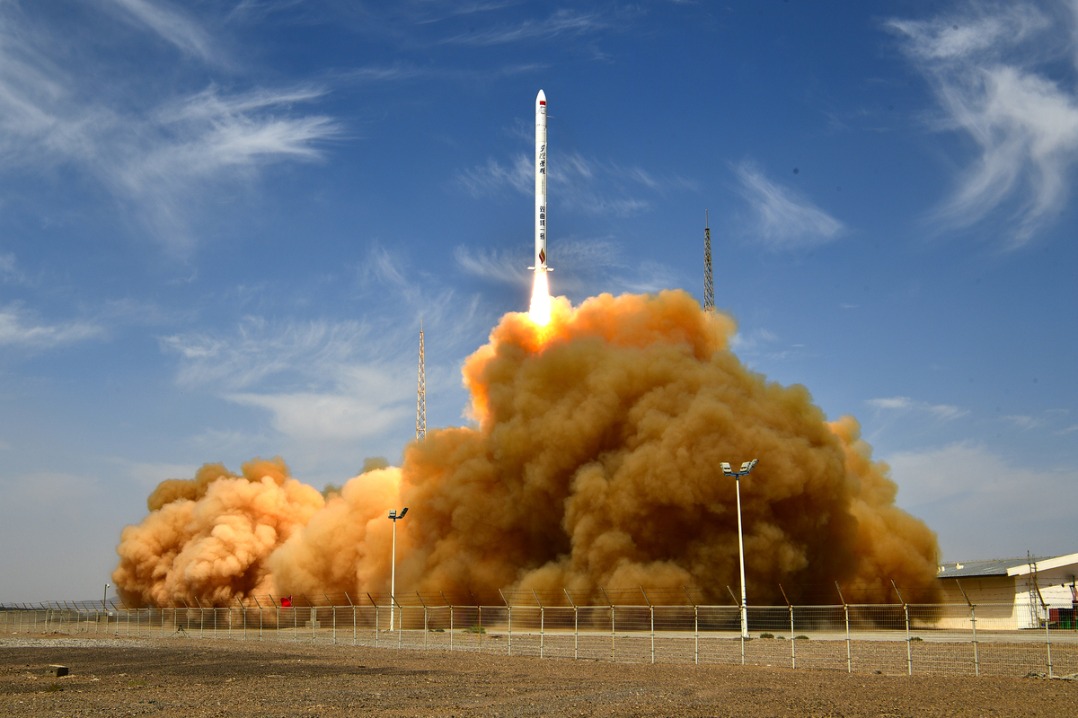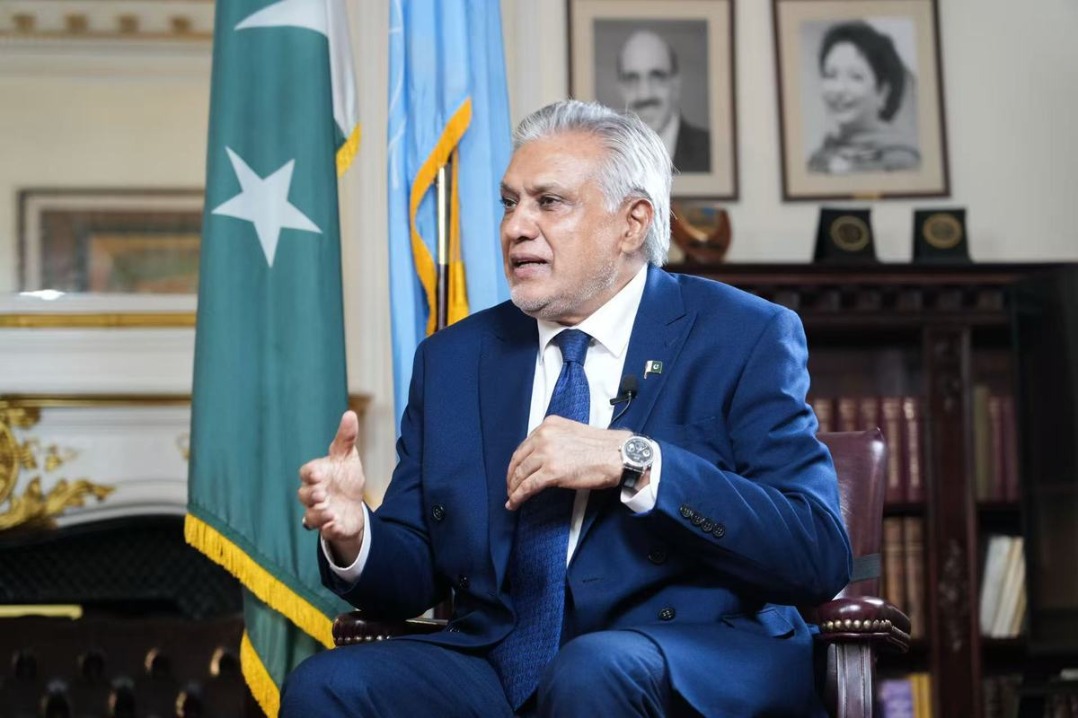Does the future of Chinese soccer lie in provincial 'super league'?


A new wave of criticism targeted at the national men’s soccer team and its administrative body, the Chinese Football Association, is sweeping across the country. Social media platforms are full of condemnation of the soccer team’s poor performance in recent international competitions. Some netizens have even called for disbanding the national men’s soccer team, urging fans and sponsors to boycott the team and the CFA.
In such a situation, any other national sports body or players would have come forward to explain the situation or even threatened to sue those netizens for libel. But both the CFA and the Chinese players have remained silent, either because they are ashamed of their performances or because they know that any explanation or threat to sue the critics would further antagonize fans who have been repeatedly disappointed with the national soccer team for almost two decades.
China has made remarkable achievements in competitive sports since the launch of reform and opening-up in 1978. In the 1984 Summer Olympic Games in Los Angeles, China won 15 gold medals. But by 2008 when Beijing hosted the Summer Olympics, it had become a major sports power. Yet its men’s soccer team has consistently underperformed, showing little progress over the decades.
China was once a competitive soccer team in Asia. In 1985, it fought its way into the quarterfinals of the FIFA World Youth Championship in the Soviet Union. In 1988, it qualified for the Olympics in Seoul. In 2002, it competed in the World Cup in Japan and South Korea. After that, its slide became unstoppable. A FIFA ranking issued earlier this month placed China at 94th, between war-torn Syria and Benin, a West African country that has a population smaller than that of many Chinese cities. In Asia, where the overall level of soccer is comparatively low, China ranked only 14th.
There is something seriously wrong with Chinese soccer, despite the sport being the most popular in the country. We once tried to attribute our poor performance to our disadvantage in strength and stamina as East Asians. But the fact that Japan and South Korea have been doing well in the global soccer arena reveals our inherent weaknesses.
To live up to the fans’ expectations, a series of “surgeries” were conducted on Chinese soccer over the past two decades or so. Even a European-style club system was introduced along with leagues and divisions. But apart from enabling players and coaches to earn more — in millions of yuan — the Chinese men’s soccer team continues to underperform. Foreign coaches have been hired one after another but only a few completed their contracts because the team kept losing critical games.
A group of naturalized Chinese nationals, too, was introduced by the clubs and the national team. But they too failed to rescue the sinking boat. With all such efforts failing to yield the desired results, the fans have good reason to claim that corruption is to blame for the sorry state of Chinese soccer. In fact, when discipline department officials were sent to investigate the situation, they found that corruption was rampant in Chinese soccer. Dozens of officials — from the sports minister to association heads, from team leaders to coaches, and from referees to players — have been found guilty of accepting bribes, fixing games and/or unfairly recruiting players to the national team.
With the uncovering of such scandals, fans have lost their patience, with some calling for disbanding the national team as well as the CFA, and holding all those responsible for the mess accountable.
Amid all this, some provinces are organizing their own “super league” soccer competitions mostly with amateur players. They appear to challenge the CFA’s authority, as they have barred any professional league players from playing for any of the “amateur teams”. Charging little to no entrance fees and drawing crowds of up to tens of thousands, the provincial “super leagues” have in some cases stolen the spotlight from the professional national league. Some see these grassroots competitions as a more authentic and promising direction for the future of Chinese soccer.
The national team and the CFA remain silent. I hope their silence means they are preparing for another major “surgery” to revive Chinese soccer.
The author is former deputy editor-in-chief of China Daily.
kangbing@chinadaily.com.cn
































